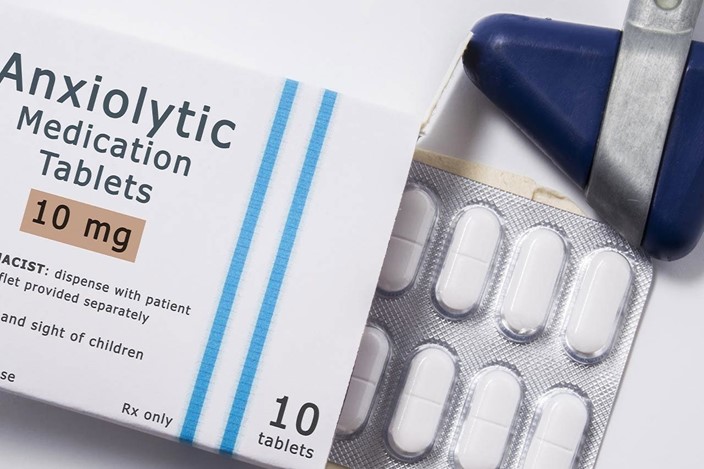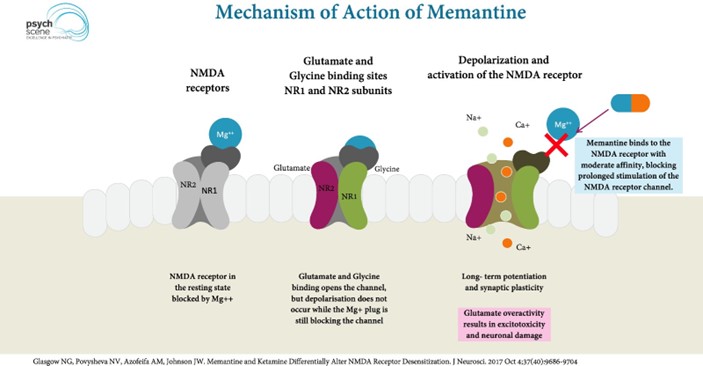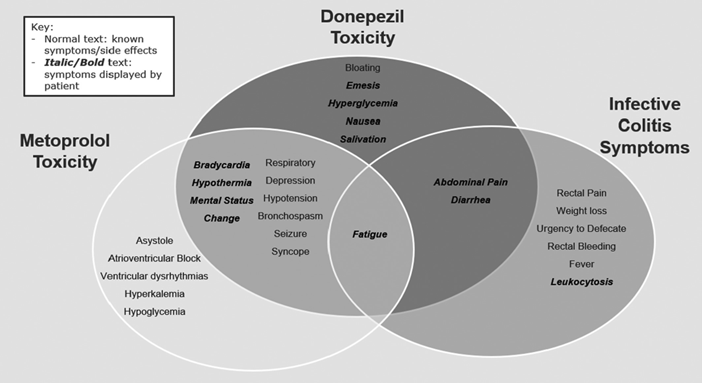A client asks what is meant by the statement "tolerance can occur when taking anxiolytics." The nurse understands that tolerance means which of the following?
Increased tolerance for medicinal side effects.
A different anxiolytic is necessary to treat symptoms.
Greater acceptance of the behaviors of other people when taking the medication.
Higher levels of medication are needed to achieve the expected effect.
The Correct Answer is D
Tolerance is a phenomenon that occurs when a person's body becomes accustomed to a medication over time. This means that the same dose of medication may no longer have the same effect as it did initially. In the case of anxiolytics, tolerance can mean that higher levels of medication are needed to achieve the expected effect. This is why
Option A refers to an increased ability to tolerate side effects, which is not the same as tolerance to the medication itself.
Option B suggests that a different medication is needed, but this is not necessarily the case when tolerance occurs.
Option C refers to greater acceptance of other people's behaviors, which is not related to tolerance to medication.

Nursing Test Bank
Naxlex Comprehensive Predictor Exams
Related Questions
Correct Answer is D
Explanation
Memantine is a medication used to treat moderate-to-severe Alzheimer's disease ¹². It works by reducing the actions of chemicals in the brain that may contribute to the symptoms of Alzheimer's disease ¹. While memantine can help slow the progression of Alzheimer's disease, it is not a cure and may not improve the condition ².
Option A is not correct because constipation is a common side effect of memantine ².
Option B is not correct because memantine is approved for moderate-to-severe Alzheimer's disease ¹².
Option C is not correct because memantine does regulate the effects of glutamate ³.

Correct Answer is D
Explanation
Donepezil is a medication that can cause side effects such as dizziness and fainting ¹. Therefore, it is important for the client to rise slowly from a lying or sitting position to prevent falls.
Option A is incorrect because donepezil can be taken with or without food.
Option B is incorrect because donepezil does have side effects ¹.
Option C is incorrect because the health care provider added donepezil to the client's daily routine, not to replace carbidopa/levodopa.

Whether you are a student looking to ace your exams or a practicing nurse seeking to enhance your expertise , our nursing education contents will empower you with the confidence and competence to make a difference in the lives of patients and become a respected leader in the healthcare field.
Visit Naxlex, invest in your future and unlock endless possibilities with our unparalleled nursing education contents today
Report Wrong Answer on the Current Question
Do you disagree with the answer? If yes, what is your expected answer? Explain.
Kindly be descriptive with the issue you are facing.
